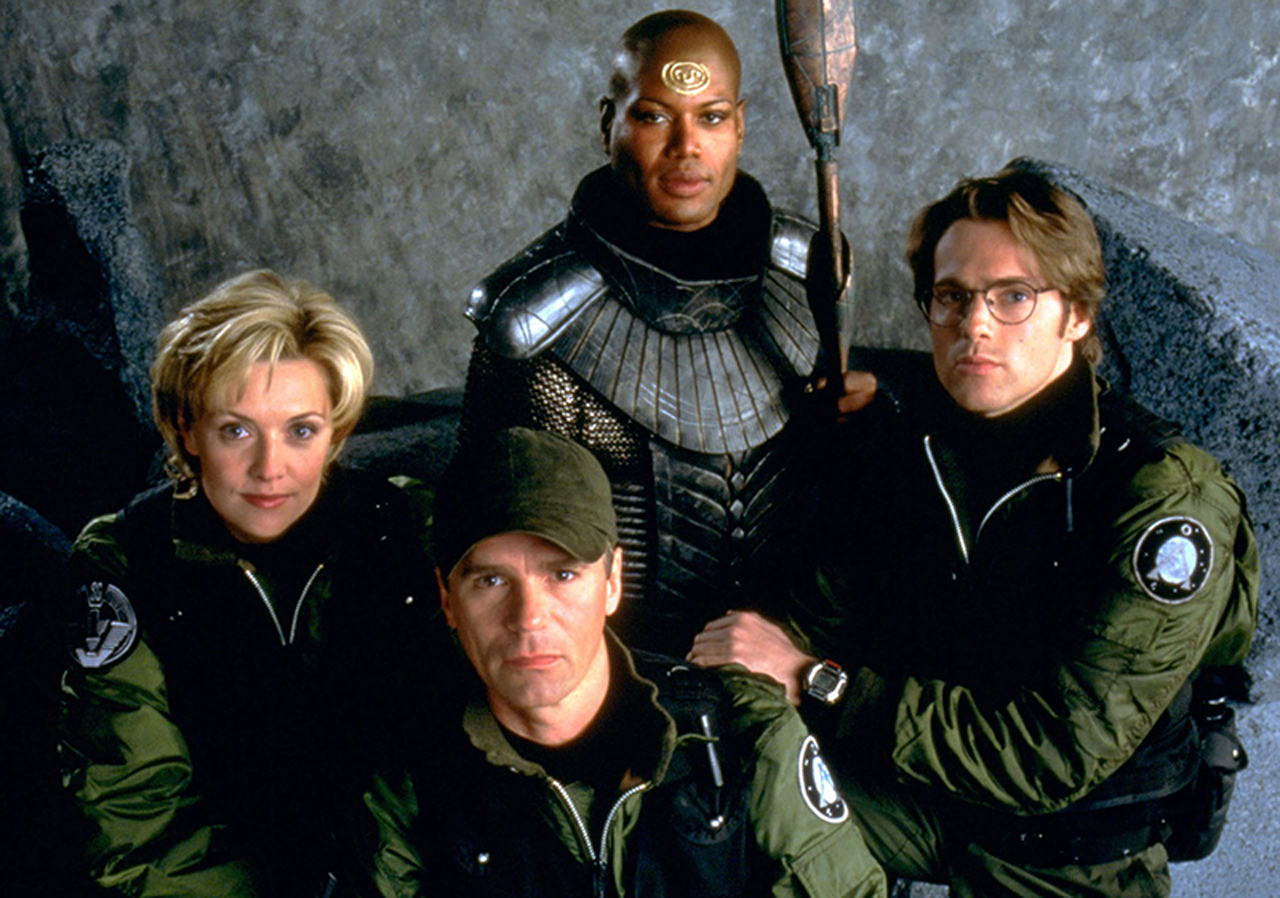

The highest-ranking woman aboard Ascension is its chief steward, Viondra Denninger (Tricia Helfer), married to the captain, William Denninger (Brian Van Holt). Sexism is institutional and casually accepted. The culture is charged with purpose and seemingly utopian, but this great society is not-so-great, predominantly white and marked by rigid class stratification. They exist to push the cause forward none of them will see the promised land.


They collectively suffer from knowing that they are but a caretaker people. There’s the older, ruling elite, who busy themselves with the business of enjoying and keeping their power, and there’s the young folks coming of age, wrestling with their limited lot in life. Fancy that: The Sharknado network, trying to do “hard” sci-fi.) The saga begins as Ascension approaches the no-going-back halfway point in its mission, amid mounting tensions between generations. (Apparently, this fiction was inspired by actual science. That’s the year when NASA secretly launched a nuclear-powered, skyscraper-sized, egghead-populated “generation starship” (yes, that’s a thing) on a 100-year journey across the galaxy to find a new home for humanity. The time is now, but for the people aboard the Ascension, it is forever 1963. Because (sing it!) that’s the POWER of love! We just needed to stand by me, lean on me, do the right thing. We could be Marty McFlys, fixing our fallen-and-can’t-get-up malaise infected culture, and we didn’t need time-traveling DeLorians to do it. Our mission impossible: to recover the lost narrative and complete it. A myth was massaged into us by all of this Back to the Future cultural conditioning: Once upon a time, America the not-so-beautiful was on an ascending redemptive arc, then got shot down by assassinations, war, and Nixon. Ferris Bueller on a float, lip-synching to “Danke Schoen” and “Twist and Shout”? Perfect metaphor for Gen X teens raised on the bittersweet symphony of Baby Boomer existential crisis. Where oh where did all The Right Stuff go? The nostalgia was imprinted upon proceeding generations. It began in earnest in the 1980s, when the thirtysomethings who suffered the history of Platoon, Mississippi Burning, and JFK started grieving their Wonder Years and bemoaning The Big Chill and wishing they could Peggy Sue it all over again. In the first season of Mad Men, in the episode entitled “The Wheel,” pitchman poet Don Draper reframed a carousel slide projector as a time machine and defined the word “nostalgia” not as “a sentimental longing” or “wistful recollection of the past” but by the Greek meaning, “pain from an old wound.” Mad Men creator Matthew Weiner not only gave us a way of understanding his show and its haunted antihero but also a perspective on ’60s nostalgia in general, a genre of entertainment unto itself.


 0 kommentar(er)
0 kommentar(er)
